
Find Help
More Items From Ergsy search
-

Can cold weather cause a cold?
Relevance: 100%
-

Can I receive the Warm Home Discount and Cold Weather Payment?
Relevance: 79%
-

What causes cold sores?
Relevance: 64%
-

Is it safe to exercise with a cold?
Relevance: 63%
-

How to Treat a Common Cold
Relevance: 63%
-
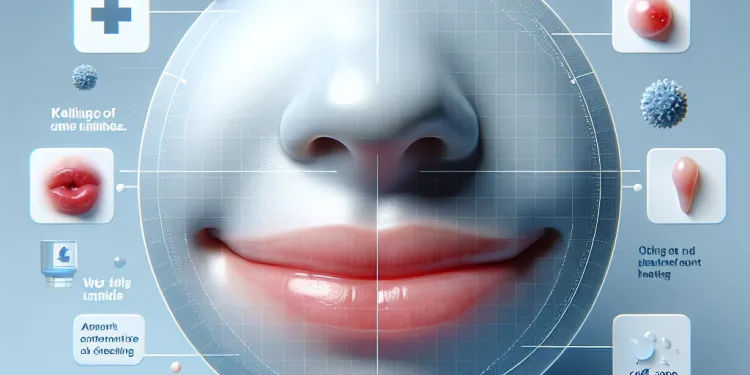
What are Cold Sores?
Relevance: 63%
-

Is there a cure for cold sores?
Relevance: 62%
-
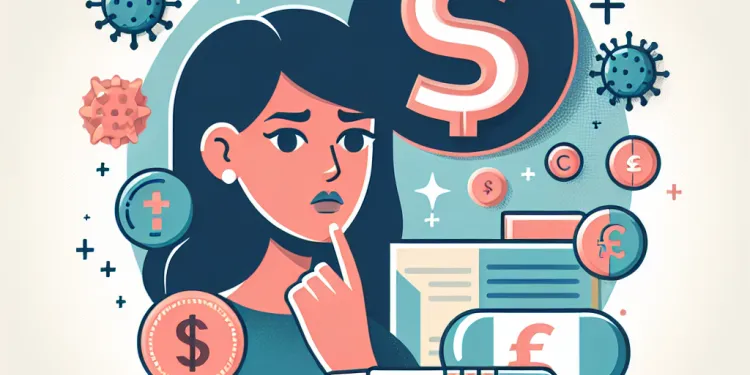
Are cold sores contagious?
Relevance: 62%
-

What triggers a cold sore outbreak?
Relevance: 62%
-

Is it safe to take cold showers during a heatwave?
Relevance: 61%
-
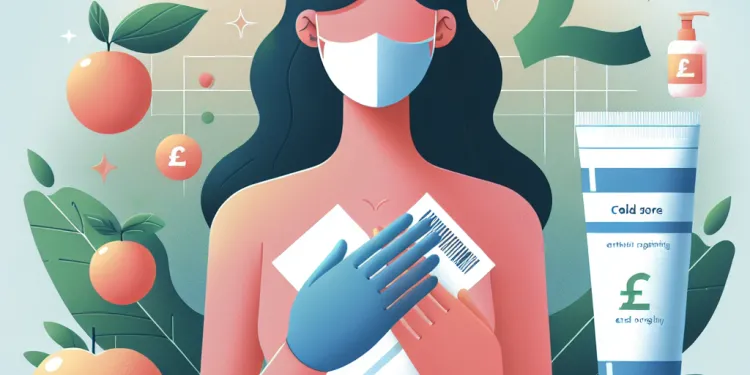
How can I prevent cold sores?
Relevance: 60%
-
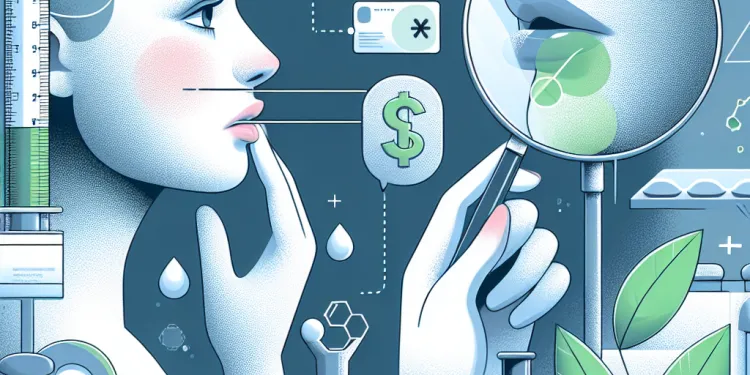
What are the symptoms of a cold sore?
Relevance: 60%
-

What are the common symptoms of a cold?
Relevance: 60%
-
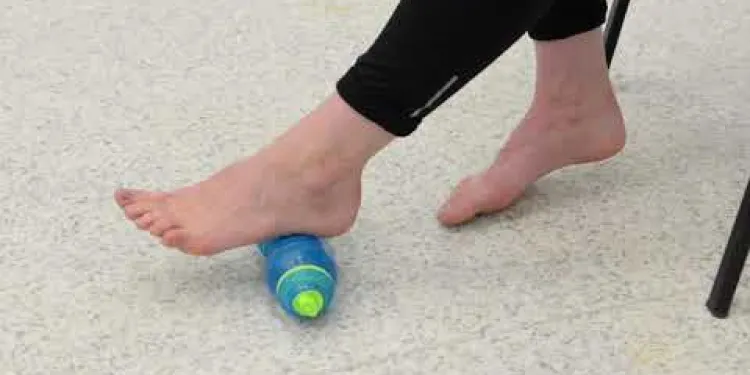
Plantar Fascia Cold Therapy
Relevance: 60%
-

Is there a way to cure a cold quickly?
Relevance: 60%
-
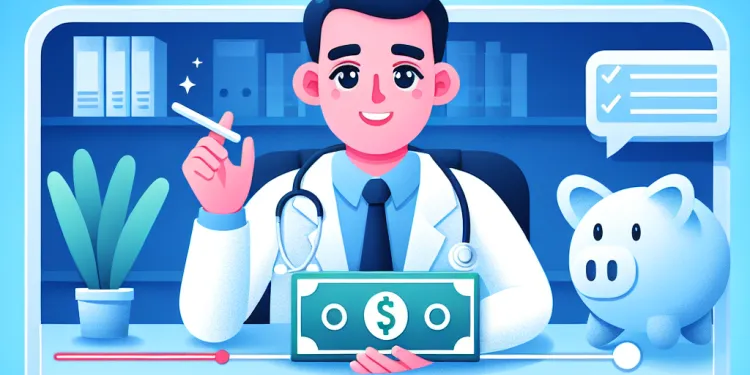
Should I see a doctor for a cold?
Relevance: 60%
-
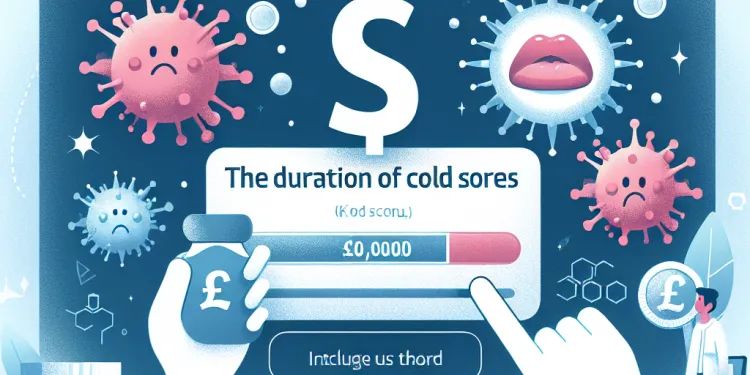
How long do cold sores last?
Relevance: 59%
-
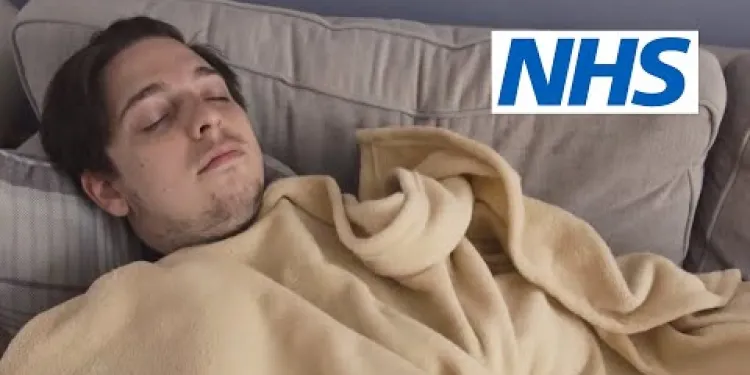
How to treat a cold | NHS
Relevance: 59%
-
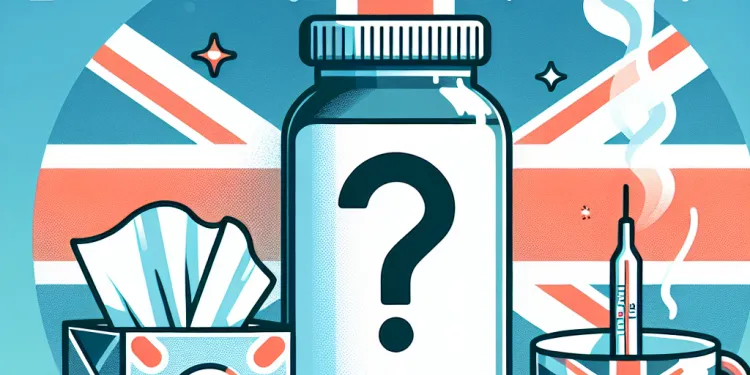
Can I take antibiotics for a cold?
Relevance: 59%
-

How are cold sores transmitted?
Relevance: 59%
-

How long does a common cold typically last?
Relevance: 58%
-

Is Vitamin C effective against colds?
Relevance: 57%
-
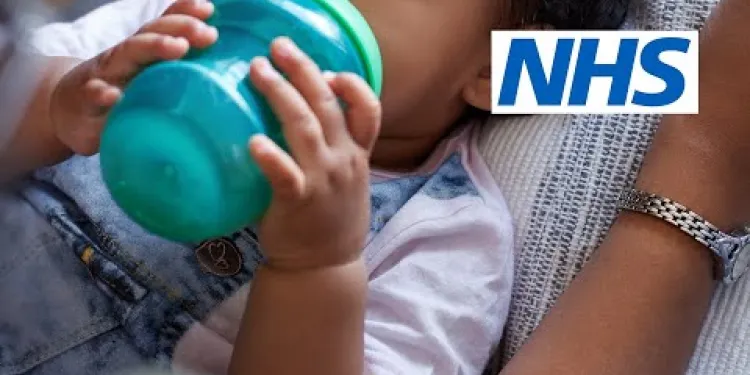
How do I treat my child's cold? (9 - 30 months) | NHS
Relevance: 56%
-

Can orange juice help prevent colds?
Relevance: 54%
-
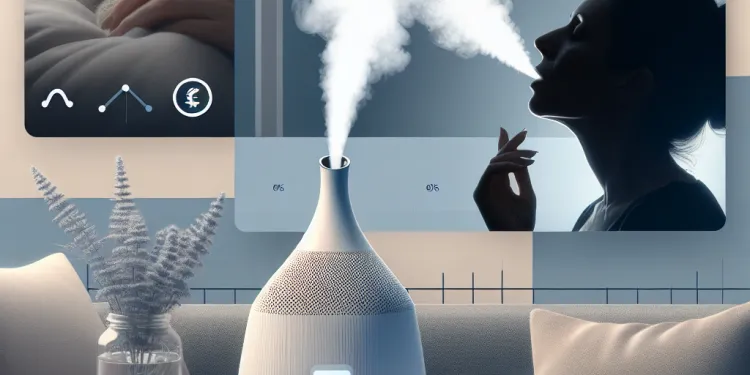
Can I use a humidifier to help with my cold symptoms?
Relevance: 54%
-
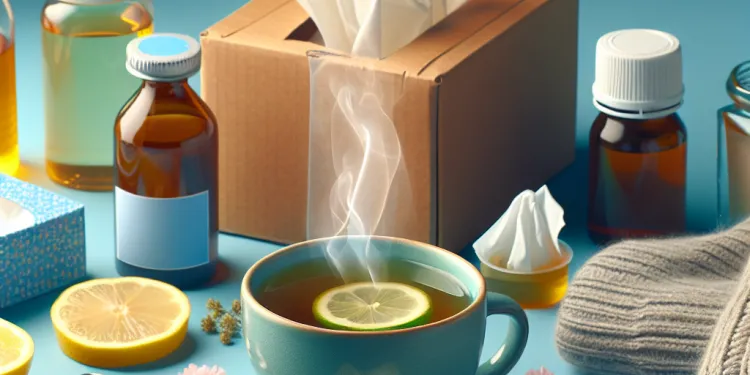
How can I treat a cold at home?
Relevance: 54%
-
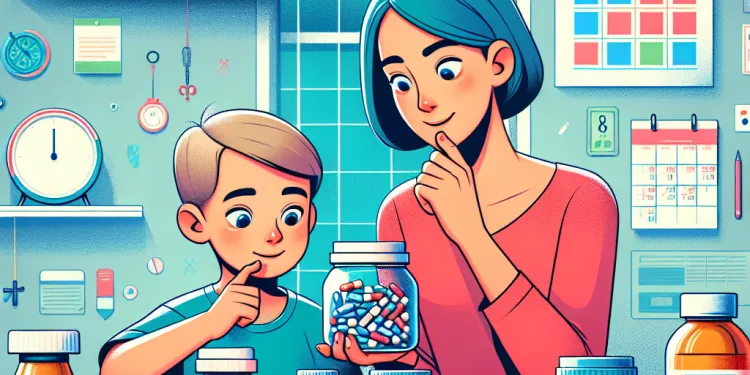
Can children take the same cold medications as adults?
Relevance: 52%
-
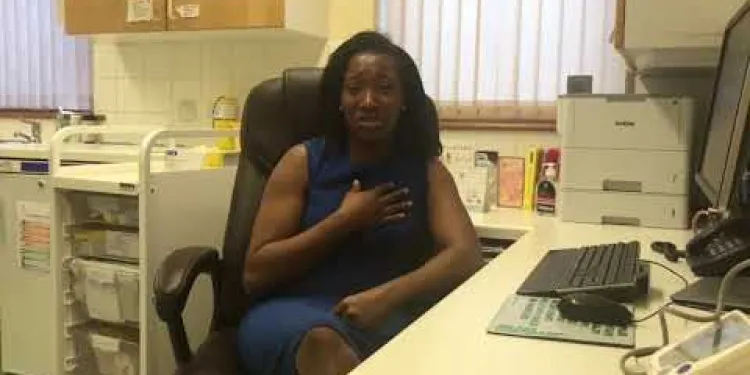
What should you do if you have a cough or cold?
Relevance: 51%
-

Is it okay to use ice packs or cold showers to cool down?
Relevance: 51%
-
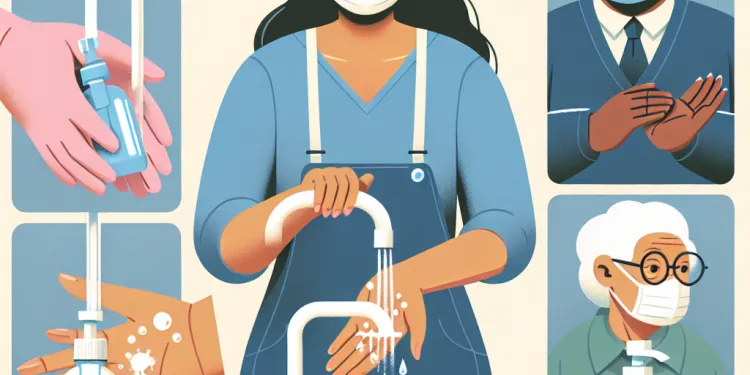
How can I prevent spreading my cold to others?
Relevance: 51%
-

Honey 'as good as antiviral creams' for cold sores | NHS Behind the Headlines
Relevance: 50%
-
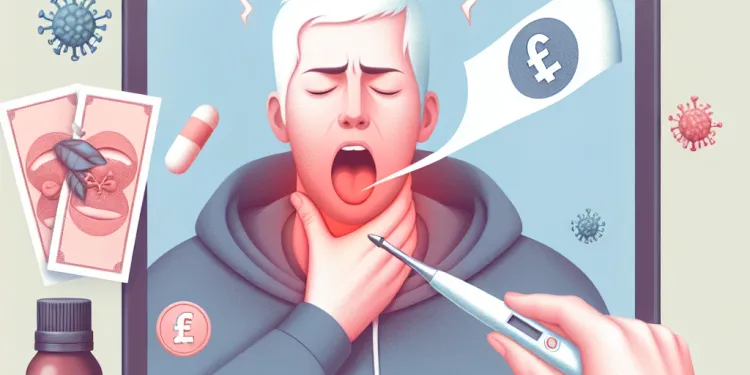
What is the best way to treat a sore throat from a cold?
Relevance: 45%
-

How does weather affect eczema?
Relevance: 34%
-

What is the best way to hydrate during hot weather?
Relevance: 30%
-
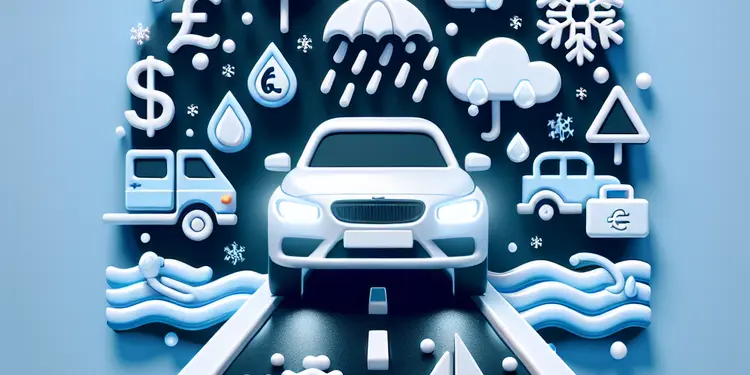
Can weather conditions contribute to dangerous driving?
Relevance: 30%
-

What apps or services can help me monitor the weather during a heatwave?
Relevance: 29%
-

What should I wear when walking to work?
Relevance: 28%
-

UK Sees Surge in Respiratory Illnesses as Weather Cools
Relevance: 27%
-
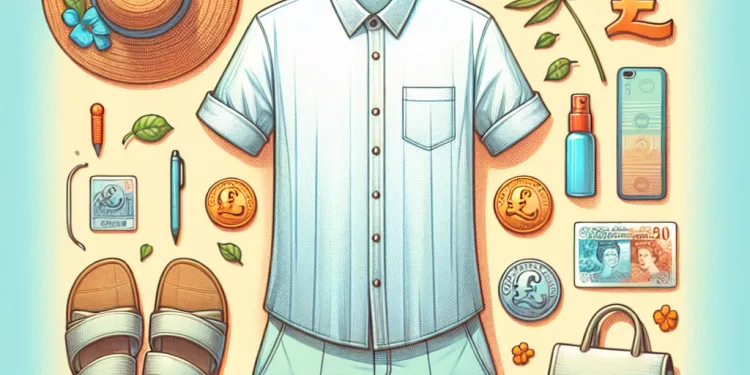
What should I wear to stay cool in hot weather?
Relevance: 26%
-

Do school meals include both hot and cold options?
Relevance: 25%
Can Cold Weather Cause a Cold?
The Misconception
A common belief is that cold weather directly causes colds. This misconception is prevalent in the United Kingdom, where chilly and damp conditions are frequent. However, it's not the cold weather itself that triggers a cold. Colds are caused by viruses, primarily rhinoviruses, which spread from person to person, especially in environments where people are in close quarters.
Cold Weather and Virus Transmission
While cold weather does not cause colds, it can influence factors that increase the likelihood of catching a virus. During colder months, people tend to spend more time indoors in enclosed spaces with poor ventilation, facilitating the spread of viruses. Additionally, the cold, dry air can negatively impact the body's natural defenses. The nasal passages may dry out, and the cold air can reduce the efficacy of the mucous membranes, making it easier for viruses to take hold.
Immune Function and Temperature
There is also some evidence to suggest that exposure to cold temperatures might slightly alter the immune response, though this area requires more research. A suppressed immune response can make one more susceptible to infections once exposed to a virus. However, overall lifestyle factors such as diet, sleep, and stress level play a much larger role in immune health than temperature alone.
Preventive Measures
To prevent catching colds, regardless of weather conditions, individuals in the UK should focus on good hygiene practices, such as regular hand washing. Using tissues and disposing of them properly, as well as avoiding touching the face, can also reduce the risk. Maintaining a healthy immune system through adequate sleep, nutritious eating, and stress management is crucial.
Conclusion
While the cold weather prevalent in the UK does not directly cause colds, it creates an environment conducive to virus spread. Thus, understanding the interplay between weather and virus transmission helps in taking proactive steps to avoid illness. By focusing on preventive measures, people can reduce their risk of catching a cold during the cold months.
Can Cold Weather Cause a Cold?
Is This True?
Many people think that cold weather makes you get a cold. This idea is common in the United Kingdom, where it is often cold and wet. But cold weather does not cause a cold. Colds are caused by germs called viruses. A common virus that causes colds is called a rhinovirus. People get colds from being near someone who is already sick.
How Cold Weather Affects Viruses
Cold weather does not make you sick, but it can make it easier for viruses to spread. When it's cold, people stay indoors more. Being indoors with others can help viruses spread. Also, cold air is dry, which can make your nose dry too. This makes it easier for viruses to get into your body.
How Cold Affects Your Body
Being in cold weather might change how your body fights germs, but scientists need to study this more. When your body’s defenses are weaker, you can get sick more easily if you catch a virus. But eating well, sleeping enough, and not being too stressed are more important for staying healthy.
How to Stay Healthy
To stay healthy in any weather, wash your hands often. Use a tissue when you sneeze or cough and throw it away right after. Try not to touch your face. Get plenty of sleep, eat good food, and try to relax to keep your immune system strong.
The Bottom Line
Cold weather in the UK does not give you a cold, but it can help germs spread more easily. Knowing how weather affects virus spread can help you stay well. By washing your hands and keeping healthy habits, you can lower your chances of getting sick when it’s cold.
Frequently Asked Questions
Can cold weather cause a cold?
Cold weather itself does not cause a cold, but it can contribute to conditions that make it easier for viruses to spread.
Why do more people catch colds in the winter?
During the winter, people spend more time indoors in close proximity, which can aid the spread of viruses. The cold air can also dry out nasal passages, making it easier for infections to take hold.
Does going outside with wet hair cause a cold?
Going outside with wet hair does not directly cause a cold. Colds are caused by viruses, and wet hair alone doesn't increase your chances of exposure.
Are colds more common in cold climates?
Colds are more common in cold weather, but this is due to lifestyle factors and the behaviour of viruses in colder conditions, rather than the climate itself.
Can wearing warm clothing prevent a cold?
Wearing warm clothing can help keep your body comfortable, but it does not prevent viral infections like colds.
Does cold weather weaken the immune system?
There is no strong evidence that cold weather inherently weakens the immune system, though factors associated with cold weather can indirectly affect immune function.
Can central heating cause colds?
Central heating itself doesn't cause colds, but dry indoor air can lead to drier nasal passages, potentially increasing viral susceptibility.
Why do viruses spread more easily in winter?
Viruses may survive longer in cold, dry air, and people tend to cluster indoors, increasing the risk of transmission.
Does breathing in cold air affect your health?
Breathing cold air can irritate respiratory airways, but it does not directly cause a cold.
Does vitamin D help prevent colds?
Some studies suggest that vitamin D can help reduce the risk of respiratory infections, but it is not a guaranteed prevention method.
Is it possible to catch a cold from exposure to cold weather alone?
A cold can only be caught from a virus. Cold weather itself is not enough to cause a viral infection.
Should I avoid outdoor exercise in the cold to prevent catching a cold?
Outdoor exercise in the cold does not increase your chances of getting a cold, as long as you dress appropriately for the weather.
Can drinking hot fluids prevent colds in winter?
Drinking hot fluids can soothe cold symptoms and keep you warm, but it doesn't prevent viral infections.
Does eating well and staying hydrated help prevent colds?
Maintaining a healthy diet and staying hydrated can support your immune system, potentially reducing your risk of infections.
Are OTC cold remedies effective in cold prevention?
Over-the-counter cold remedies can help alleviate symptoms but do not prevent cold viruses.
Does cold weather make you sick with a cold?
Cold weather doesn't make you sick. But it makes it easier for you to catch a virus.
Why do more people get colds in the winter?
Many people get colds when it is cold outside.
This happens because we stay inside more. Germs spread easily indoors.
It is good to wash your hands often to stay healthy.
In the winter, we stay inside more and are close to other people. This helps germs spread. Cold air can make our noses dry. This makes it easier for us to get sick.
Can you catch a cold from going outside with wet hair?
If you go outside with wet hair, you won't get a cold just because of that. Colds come from tiny germs called viruses. Having wet hair does not make you more likely to catch these germs.
Do people get more colds in cold places?
People get more colds in the winter. This happens because of what we do in cold weather and how viruses act in the cold, not just because it is cold outside.
If you want help to read, you can use tools like audiobooks or have someone read with you. They can make it easier to understand.
Do warm clothes stop you from getting a cold?
Wearing warm clothes helps you stay comfortable when it's cold outside. But it does not stop you from catching a cold virus.
Wash your hands and avoid touching your face to help prevent a cold.
Ask for help if you feel sick.
Wearing warm clothes helps you stay comfy, but it doesn't stop you from getting sick with a cold.
Does Cold Weather Make Us Sick?
When it is cold outside, people often get worried about getting sick.
This is because many people stay inside more, and germs spread easily.
The cold itself does not make you sick, but viruses can.
Use tissues to catch coughs and sneezes, and wash your hands often.
If you feel unwell, talk to an adult or a doctor.
Cold weather does not make your body weaker, but things we do in cold weather can make it easier to get sick.
Can central heating make you catch a cold?
Central heating is a system that warms up your home. It does not make you sick directly. You get a cold from germs called viruses, not from the heating.
But, central heating can dry the air in your home. Dry air can make your nose and throat feel dry. This might make it easier for cold germs to make you sick.
To feel better in the winter:
- Use a humidifier to add moisture to the air.
- Drink plenty of water to stay hydrated.
- Keep your home warm, but not too hot.
- Wash your hands often to avoid germs.
Central heating does not make you catch a cold. But, it can make the air inside dry. This might dry out your nose. When your nose is dry, it can be easier to get sick from viruses.
Why do people get sick more in winter?
In winter, it's colder, and people spend more time indoors. This makes it easier for germs to spread.
Colder air can make our noses dry and less able to stop germs.
You can wash your hands often and keep rooms clean to help stop germs from spreading.
If you can, use tissues when sneezing or coughing and throw them away afterwards.
Avoiding touching your face too much can also help keep you healthy.
Viruses can live longer in cold, dry places. Also, when it's cold, people stay inside more. This means viruses can spread more easily.
Can cold air make you sick?
Does cold air make you sick? Let’s find out!
Breathing in cold air can be okay. But sometimes, it might make us feel unwell.
Here are some tips to help you:
- Wear a scarf around your mouth and nose. This warms the air you breathe in.
- Stay warm with a coat and hat when you go outside.
- If it is too cold, try to stay indoors where it is warm.
Ask someone for help if you feel unwell after being in the cold. It’s always good to talk to a doctor if you are worried.
Breathing in cold air can bother your throat and lungs. But it doesn't make you catch a cold.
Can vitamin D stop you from getting a cold?
Vitamin D is good for your health. It helps to keep your bones strong. Some people think it might help keep colds away too.
If you want to try vitamin D, talk to a doctor. They can tell you the right amount to take. Eating foods with vitamin D, like fish and eggs, can also help.
If you have trouble reading, you can:
- Use audiobooks to listen to instead of reading.
- Ask someone to read with you and help explain difficult parts.
Some studies say that vitamin D might help stop you from getting sick with breathing infections. But it doesn't always work for everyone.
Can you get sick from cold weather?
Many people think that being outside in the cold can make you sick. But, it's not the cold weather itself that makes you catch a cold. Colds are caused by germs called viruses.
Viruses spread when sick people sneeze, cough, or touch things without washing their hands. You can help stay healthy by washing your hands often and keeping warm.
You catch a cold from a virus. Cold weather does not make you sick with a virus.
Is it okay to exercise outside when it's cold?
Can I get sick if I exercise in the cold?
- Exercising outside is usually safe.
- You won't catch a cold from being outside. Colds are caused by germs.
- Wear warm clothes, like a coat and hat.
- Stay dry and warm to feel good.
- If you're worried, ask an adult or a doctor.
Going outside to do exercise when it's cold won't make you catch a cold. Just make sure you wear warm clothes.
Does drinking hot drinks stop you from getting a cold in winter?
It's wintertime, and we don't want to get a cold! But can drinking warm drinks help keep colds away?
Here is what you can do:
- Drink warm tea or soup. It can make your throat feel nice.
- Keep warm by wearing cozy clothes.
- Wash your hands often to stay healthy.
Remember, drinking warm drinks can help you feel better, but always tell an adult if you feel sick.
Drinking hot drinks can help you feel better when you have a cold. It can also help you stay warm. But it won't stop you from getting sick from a virus.
Try some warm tea or soup when you don't feel well. It can make a difference. You can also use a cozy blanket to keep warm. These things help you feel comfy.
Can eating good food and drinking water stop you from getting a cold?
Eating healthy food like fruits and vegetables can help your body stay strong.
Drinking enough water every day is also very important.
These things can help your body fight germs better.
But sometimes, even if you do these things, you might still catch a cold.
You can also wash your hands well to stop germs from spreading.
Eating good food and drinking lots of water can help keep you healthy. This can make it harder for you to get sick.
Do Over-the-Counter Cold Medicines Stop Colds?
You can buy medicine at the store to feel better from a cold. But these medicines do not stop you from getting a cold.
Useful Links
This website offers general information and is not a substitute for professional advice.
Always seek guidance from qualified professionals.
If you have any medical concerns or need urgent help, contact a healthcare professional or emergency services immediately.
Some of this content was generated with AI assistance. We’ve done our best to keep it accurate, helpful, and human-friendly.
- Ergsy carfully checks the information in the videos we provide here.
- Videos shown by Youtube after a video has completed, have NOT been reviewed by ERGSY.
- To view, click the arrow in centre of video.
- Most of the videos you find here will have subtitles and/or closed captions available.
- You may need to turn these on, and choose your preferred language.
- Go to the video you'd like to watch.
- If closed captions (CC) are available, settings will be visible on the bottom right of the video player.
- To turn on Captions, click settings .
- To turn off Captions, click settings again.
More Items From Ergsy search
-

Can cold weather cause a cold?
Relevance: 100%
-

Can I receive the Warm Home Discount and Cold Weather Payment?
Relevance: 79%
-

What causes cold sores?
Relevance: 64%
-

Is it safe to exercise with a cold?
Relevance: 63%
-

How to Treat a Common Cold
Relevance: 63%
-

What are Cold Sores?
Relevance: 63%
-

Is there a cure for cold sores?
Relevance: 62%
-

Are cold sores contagious?
Relevance: 62%
-

What triggers a cold sore outbreak?
Relevance: 62%
-

Is it safe to take cold showers during a heatwave?
Relevance: 61%
-

How can I prevent cold sores?
Relevance: 60%
-

What are the symptoms of a cold sore?
Relevance: 60%
-

What are the common symptoms of a cold?
Relevance: 60%
-

Plantar Fascia Cold Therapy
Relevance: 60%
-

Is there a way to cure a cold quickly?
Relevance: 60%
-

Should I see a doctor for a cold?
Relevance: 60%
-

How long do cold sores last?
Relevance: 59%
-

How to treat a cold | NHS
Relevance: 59%
-

Can I take antibiotics for a cold?
Relevance: 59%
-

How are cold sores transmitted?
Relevance: 59%
-

How long does a common cold typically last?
Relevance: 58%
-

Is Vitamin C effective against colds?
Relevance: 57%
-

How do I treat my child's cold? (9 - 30 months) | NHS
Relevance: 56%
-

Can orange juice help prevent colds?
Relevance: 54%
-

Can I use a humidifier to help with my cold symptoms?
Relevance: 54%
-

How can I treat a cold at home?
Relevance: 54%
-

Can children take the same cold medications as adults?
Relevance: 52%
-

What should you do if you have a cough or cold?
Relevance: 51%
-

Is it okay to use ice packs or cold showers to cool down?
Relevance: 51%
-

How can I prevent spreading my cold to others?
Relevance: 51%
-

Honey 'as good as antiviral creams' for cold sores | NHS Behind the Headlines
Relevance: 50%
-

What is the best way to treat a sore throat from a cold?
Relevance: 45%
-

How does weather affect eczema?
Relevance: 34%
-

What is the best way to hydrate during hot weather?
Relevance: 30%
-

Can weather conditions contribute to dangerous driving?
Relevance: 30%
-

What apps or services can help me monitor the weather during a heatwave?
Relevance: 29%
-

What should I wear when walking to work?
Relevance: 28%
-

UK Sees Surge in Respiratory Illnesses as Weather Cools
Relevance: 27%
-

What should I wear to stay cool in hot weather?
Relevance: 26%
-

Do school meals include both hot and cold options?
Relevance: 25%


